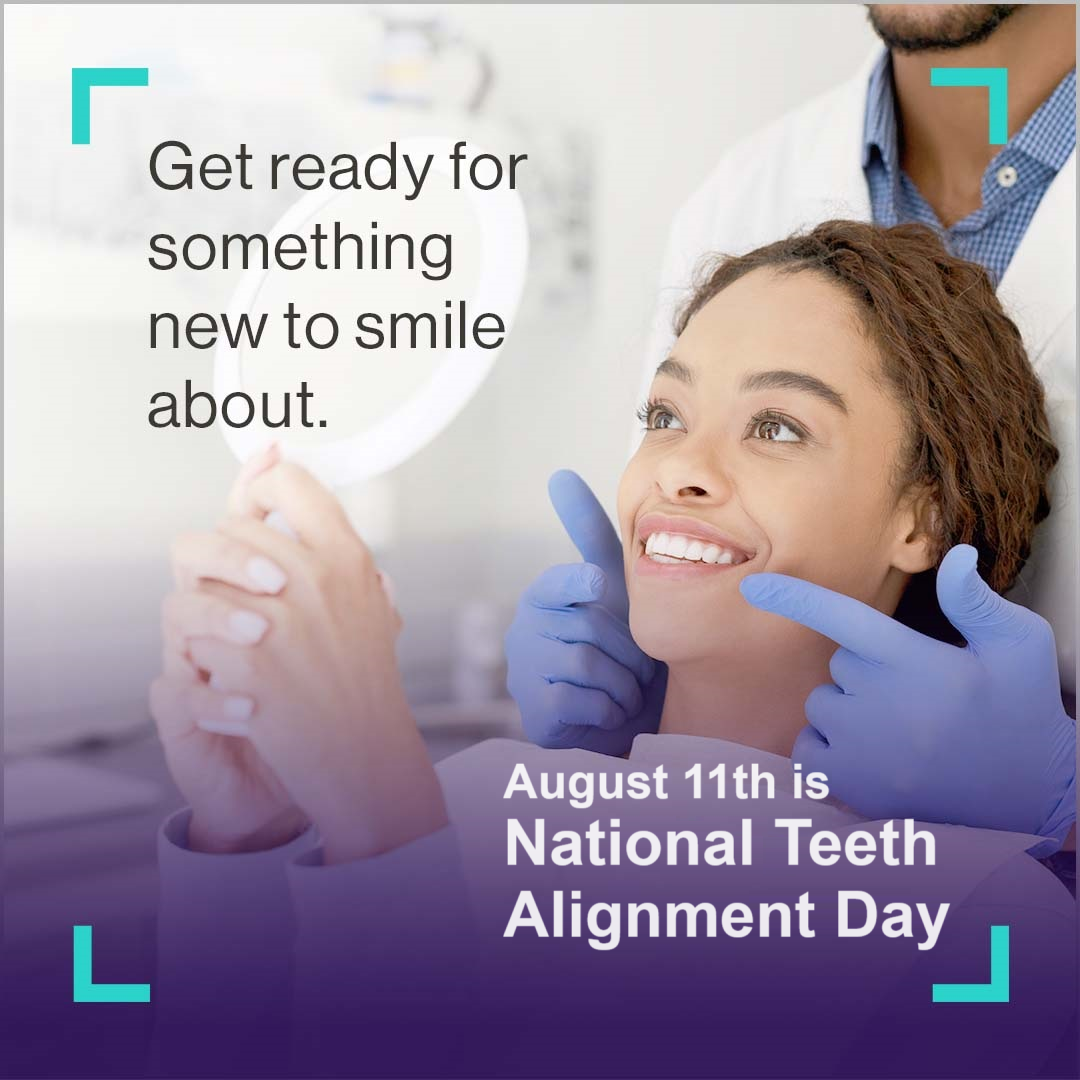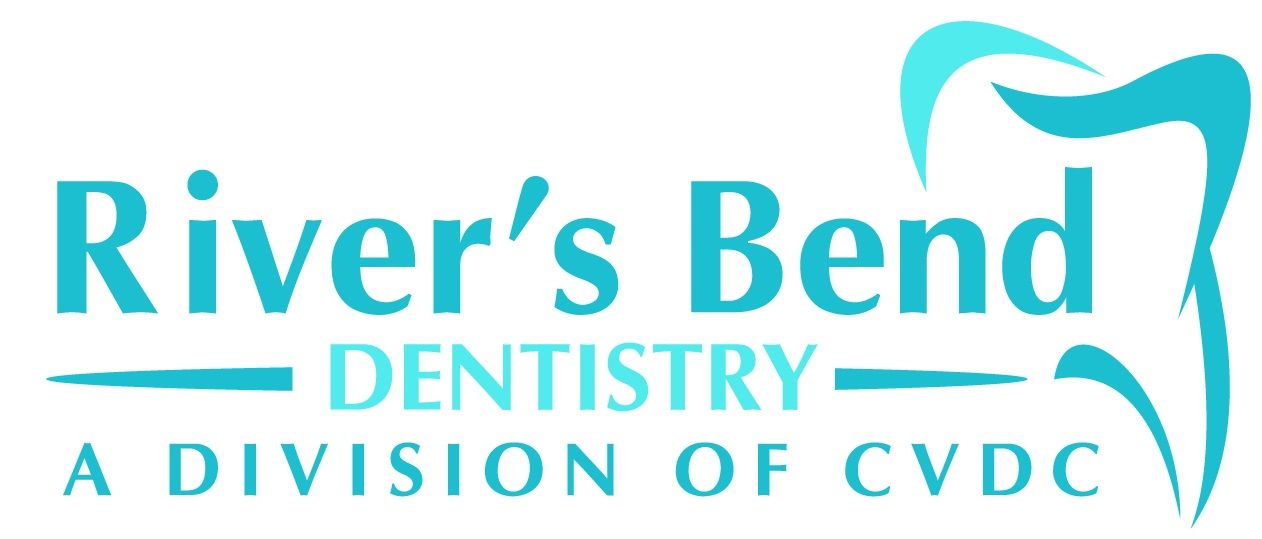New to Town? How to Choose a Quality Dentist
Finding a quality dentist in your neighborhood is essential for maintaining good oral (and overall) health. With so many options out there, it can feel overwhelming when trying to choose the right one. In this month's article, we want to share a few key steps to help you make an informed decision that best fits your needs.
Ask for Recommendations
Start by asking friends, family, and coworkers for their recommendations. Personal referrals are often one of the best ways to find a dentist. People you trust will give you honest feedback about their experiences. You can also ask your general physician or a local pharmacist if they know of any reputable dentists in your area. Word-of-mouth suggestions give you a head start in narrowing down your search to trusted professionals.
Look at Their Credentials and Experience
Once you’ve gathered some potential names, take a closer look at each dentist’s qualifications. A dentist should be licensed in your state, and you can usually check this through your state dental board’s website. You’ll also want to review their biography on the practice website and consider their level of experience and expertise, especially if you have specific dental concerns like cosmetic work, implants, or orthodontics. Some dentists may even have special certifications or training in advanced procedures, which could be beneficial depending on your needs. It's always helpful if you can learn a little bit about staff members as well, so take the time to read what's available to ensure you have an initial comfort level with a specific dentist and their team.
Consider Location and Office Hours
Convenience matters, especially when it comes to healthcare. Choose a dentist whose office is close to your home or work, making it easier to fit appointments into your schedule. Also, check their office hours. Do they offer hours that will suit your needs? Do they offer Emergency Care if something happens outside of normal business hours?
Evaluate the Office Atmosphere
The atmosphere of a dental office plays a big role in your overall experience. Is the office clean and organized? Are the staff friendly and helpful? A visit to the office before committing to an appointment can give you a feel for the environment. A quality dentist will have a welcoming office that prioritizes patient comfort. You should feel at ease asking questions, and the staff should be willing to address any concerns you might have about procedures, billing, or insurance.
Review What Services They Offer
Not all dentists provide the same range of services. Some may focus primarily on general dentistry, while others offer more specialized treatments like orthodontics, cosmetic procedures, or pediatric care. For instance, pediatric care patients often only see children up to a specific age, while family dentists may see patients from their first tooth to their last. Be sure the dentist you choose offers a range of services that align with your oral health needs.
Understand Payment Options
Dental care doesn't have to be expensive, so it's important to understand a dentist’s payment policies and options before scheduling your first appointment. Find out if they will file for your chosen insurance, and if they offer any in-house programs if you do not have dental insurance. Today, there are many dental offices that offer convenient, low-cost programs to affordably cover your basic dental care requirements to maintain a healthy smile. You should also find out if any financing options are available for more costly procedures. Transparency about fees and costs is a sign of a reputable practice.
Finding the right dentist may take a little research, but the effort will pay off in the long run. Choosing a dentist and dental healthcare team you can trust will provide peace of mind and the comfort you deserve.











